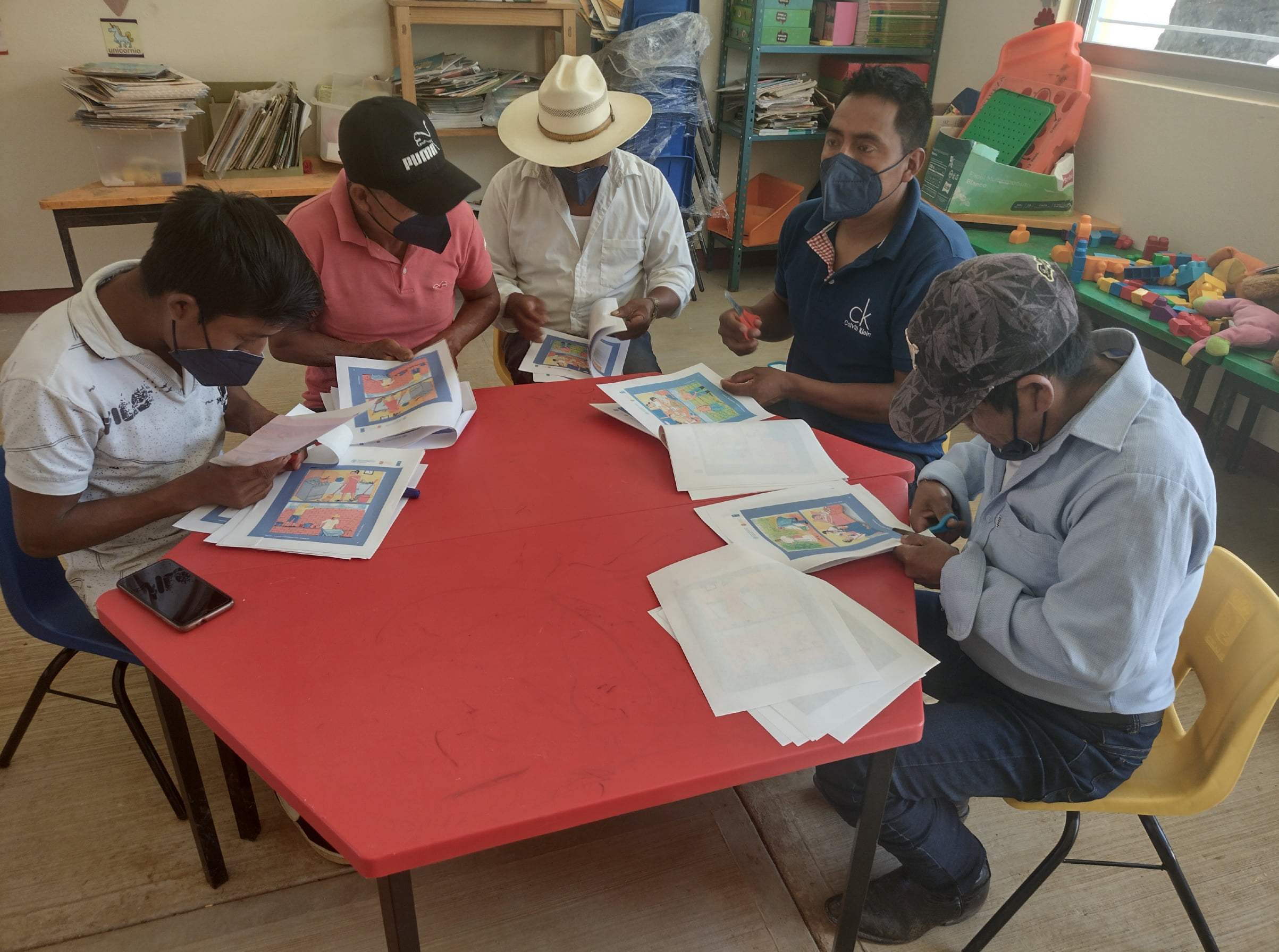Mexico

Countries & Territories
In Mexico, UNDP developed a project to accelerate the achievement of gender equality and women’s empowerment by transforming harmful practices of masculinity and eliminating them as drivers of discrimination and gender-based violence.
Partnerships
The project implementation started in August 2022 led by UNDP in partnership with UN Women and UNFPA, fostering unprecedented inter-agency cooperation on the topic of positive masculinities at the national level.
In line with UNDP’s Gender Equality Strategy 2022-2025, the project contributes to sociocultural transformation and inclusive governance, in particular, in regard to gender justice and realization of rights. The project adopted a strong intersectional approach that focuses on changing power relations and systems, champions empowerment and promotes human agency and participation.
Leave No One Behind
According to Mexico’s National Survey on the Dynamics of Household Relationships (ENDIREH) conducted in 2021, the levels of violence against women aged 15 years and over who have Indigenous affiliation and speak an Indigenous language increased from 66.1 percent in 2016 to 70.1 percent in 2021. During the COVID-19 pandemic, women suffered from psychological violence, sexual violence, economic and patrimonial pressure and/or discrimination, and physical violence. Based on this data, UNDP convened civil society, national institutions, and UN partners to address violence against women and girls by engaging Indigenous and afro-Mexican men and boys to challenge social norms that prevent women from living in dignity.
In December 2022, over 150 people attended an online event organized by UNDP, UN Women, UN Population Fund (UNFPA) and civil society partners.
The event showcased the success story of the Indigenous Maya-Tzotzil community of Chuchiltón in Chiapas, and its historic commitment towards gender equality and co-responsible masculinities. The community members shared proven good practices for the eradication of gender-based violence, such as alcohol sale prohibition and men’s participation in community care related activities.
The event also highlighted the struggles that afro-Mexican young men are facing in the midst of racial tensions and the over-sexualization of the community based on stereotypes that may hinder the full social inclusion of afro-Mexican men and women.
To mobilize men for gender equality by promoting positive, non-violent and co-responsible masculinities, UNDP, UN Women and UNFPA launched a social media campaign that reached over two million users via social media platforms.

The men of the Maya-Tzotzil community of Chuchiltón, Chiapas participate in a workshop that seeks to promote their participation in unpaid care, domestic and community work in order to distribute those chores more fairly between women and men and promote responsible parenthood
Monitoring, Evaluation & Learning
The following data collection exercises were undertaken to achieve the results:
- UNDP, jointly with UN Women and UNFPA, collected 25 proposals from civil society organizations (CSOs), municipal and state-level government bodies and educational institutions working with Indigenous and afro-Mexican men in 12 states. Based on the proposals, best approaches, behavioural insights and lessons learned were systematized. The analysis will be widely shared with national partners with recommendations to follow good practices to shift towards positive, co-responsible and non-violent masculinities among Indigenous and afro-Mexican men.
- Seventeen in-depth interviews with national experts in masculinities were conducted to identify innovative practices and projects already implemented in Mexico and map the stakeholders. UNDP explored alternative methodologies to reach young people in Indigenous communities and to connect with a cosmovision and the emotional intelligence of Indigenous communities: through art and/or by adapting pre-Hispanic traditions and rituals.
- A set of capacity development modules is being planned for CSOs and national institutions with a focus on the defence and security sector. A survey was designed to identify the needs and masculinity perceptions of state officials. Through UNDP’s strategic partnership with the Mexican National Institute for Women (INMUJERES), the civil servants from all the 17 ministries of the Mexican executive body will take part in the survey. A report on masculinities in the Federal Administration will be delivered with the results of the survey.
In addition, UNDP selected five project proposals from the CSOs that will receive technical and financial support to implement initiatives based on behavioural change to transform social norms by promoting non-violent and responsible masculinities among Indigenous and afro-Mexican men. The projects will be completed by November 2023.
Lessons learnt, recommendations and findings from all these activities will provide a blueprint for South-South cooperation to transform social norms, promote positive masculinity and prevent gender-based violence in Latin America and the Caribbean. The knowledge exchange between Mexico and other countries in the region such as Colombia, Cuba and Ecuador will help to select best and tailored approaches to engage with Indigenous and afro-descendant men in the region.

results
- The inter-agency agenda was established to promote positive masculinities at the national level in Mexico.
- UNDP’s partnership with the Mexican National Institute for Women allowed the engagement of all governmental institutions in the capacity building programme.
- The foundation for South-South cooperation was laid to transform social norms and prevent gender-based violence in Latin America and the Caribbean.

